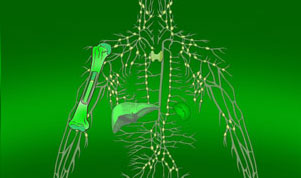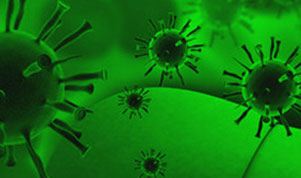What are cookies?
A cookie is a small file, typically of letters and numbers, downloaded on to a device when the user accesses certain websites. Cookies are then sent back to originating website on each subsequent visit. Cookies are useful because they allow a website to recognise a user’s device. The Regulations apply to cookies and also to similar technologies for storing information. This could include, for example, Local Shared Objects.
The use of cookies and similar technologies has for some time been commonplace and cookies in particular are important in the provision of many online services. Using such technologies is not, therefore, prohibited by the Regulations but they do require that people are told about cookies and given the choice as to which of their online activities are monitored in this way.
Almost all websites use cookies - little data files - to store information in peoples' web browsers. Some websites contain hundreds of them. There are other technologies, like Flash and HTML5 Local Storage that do similar things, and these are also covered by the legislation, but as cookies are the most common technology in use, it has become known as the Cookie Law.
To find out lots more about cookies in general and the different types, take a look at cookiepedia – the leading information resource all about cookies.
Why we use cookies?
We use cookies for following purposes:
- A cookie is used to remember the goods a user wishes to buy when they proceed to the checkout or add goods to their shopping basket.
- Certain cookies are providing security that is essential to comply with the security requirements of the seventh data protection principle for an activity the user has requested – for example in connection with online banking services.
- Some cookies help ensure that the content of your page loads quickly and effectively by distributing the workload across numerous computers
- Cookies are used for analytical purposes to count the number of unique visits to a website for example.
Do I have to use cookies?
No, you do not have to use cookies if you would not like to do so. You can switch off/disable use of cookies in your internet browser. However, this may slowdown the internet services or even make certain internet features not possible.
Each brower has its specific way to enable or disable cookies. Here you may find how to disable cookies → seven ways to disable cookies
Legal background
The Cookie Law is a piece of privacy legislation that requires websites to get consent from visitors to store or retrieve any information on a computer, smartphone or tablet. It was designed to protect online privacy, by making consumers aware of how information about them is collected and used online, and give them a choice to allow it or not.
It started as an EU Directive that was adopted by all EU countries in May 2011. The Directive gave individuals rights to refuse the use of cookies that reduce their online privacy. Each country then updated its own laws to comply. In the UK this meant an update to the Privacy and Electronic Communications Regulations.
If you would like to learn more about cookies → Guidance on the rules on use of cookies and similar technologies PDF document 31 pages









